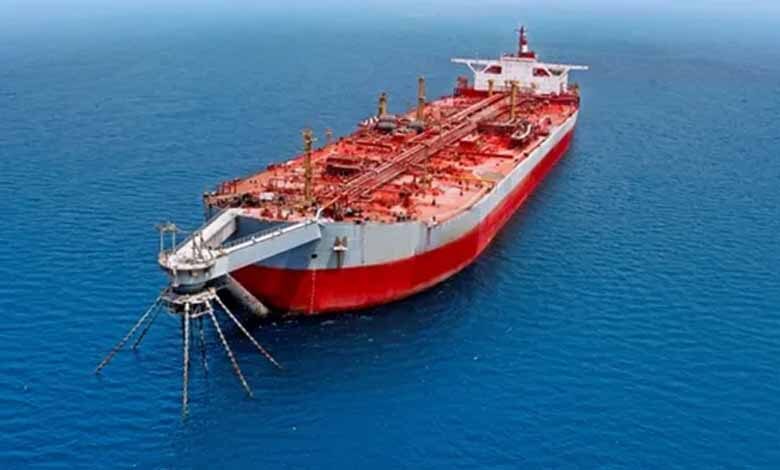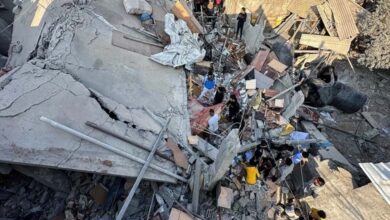Houthi militia backed by Iran accepts UN plan to evaluate deteriorating oil tanker off Yemen’s coast

The Houthi militia in Yemen backed by Iran has finally accepted a long-awaited United Nations plan to visit and evaluate a deteriorating oil tanker off Yemen’s coast that could spill 1.1 million barrels of crude oil into the Red Sea.
UN spokesman, Stephane Dujarric, informed reporters on Tuesday that it’s expected that Staff and equipment could arrive at the tanker by late January or early February.
On his part, Hussein al-Azzi, the Houthi deputy foreign minister, declared on Sunday that Houthi authorities had sent a letter affirming that they would welcome the UN group of experts, adding that they were waiting for confirmation of arrival date. Dujarric said: It represents an important step forward in this critical work, and he also added that the letter was received on Saturday.
Indeed, the United Nations has alerted that the Safer, blocked since 2015, could spill oil four times that that 1989 Exxon Valdez disaster next to Alaska; however the war in Yemen has complicated access to the ship.
The Houthi militia supported by Iran that controls the area where the vessel is stationed, and the national oil firm that owns it, accepted in July to allow a technical group to evaluate the ship and execute any repairs. However, final deal on logistical arrangements did not achieve.
Dujarric related the experts would evaluate the ship and could realize light maintenance. He also said that the United Nations has a plan, but presently it requires procuring equipment and permits, which will take time.
He also explained: The de facto authorities have assured us that they will provide all the necessary facilitation to ensure that the expert team can deploy as quickly as possible.
It should be noted that the Safer ship, constructed in 1974, is placed near the Ras Issa oil terminal, 60 kilometers (40 miles) north of the port of Hodeidah. UN and Houthi officials declare that water has entered the Safer’s engine room at least twice since 2015. The latest escape occurred in May and was repaired by Safer Corp divers and Houthi naval units.
The United Nations states that a major rupture could severely harm Red Sea ecosystems and shut Hodeidah port, Yemen’s principal entry point for imports and aid. On Wednesday, Britain’s ambassador to Yemen Michael Aron said: The agreement to allow access to the SAFER tanker is welcome (and overdue). Making it safe as soon as possible will prevent a potentially huge environmental disaster.












